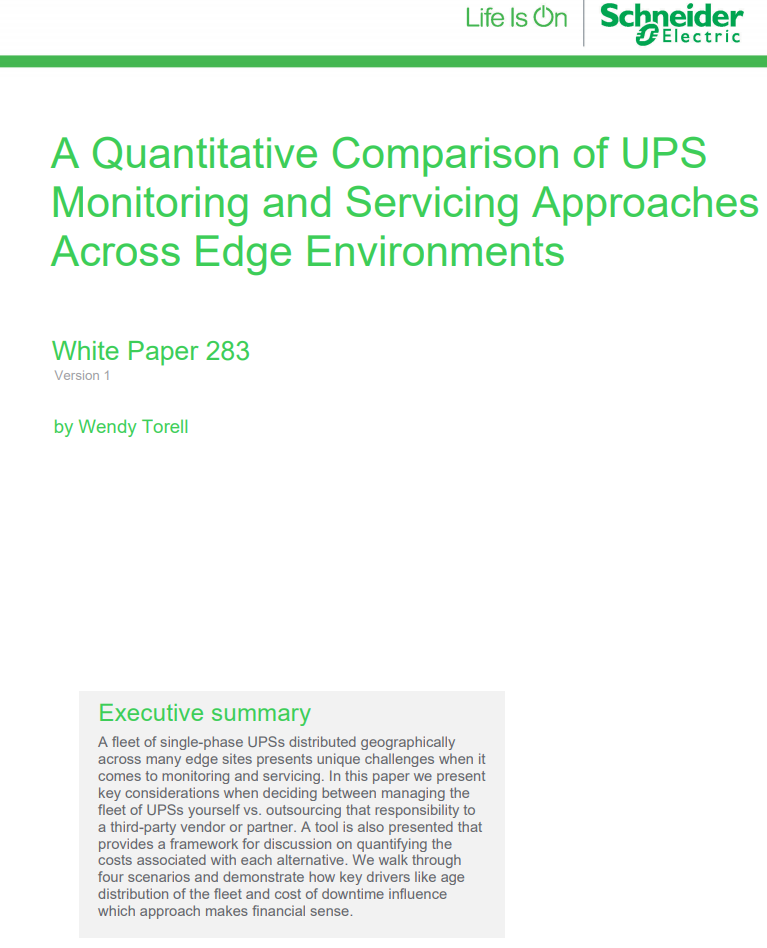Kosovo bans cryptocurrency mining to avoid nation-wide energy blackouts
The government hopes to clamp down on large cryptocurrency farms operating in the north of the country


Kosovo has become the latest nation to ban cryptocurrency mining in an effort to curb energy consumption following a series of blackouts across the country.
Minister of Economy, Artane Rizvanolli, said the decision was based on recommendations made by Kosovo’s Technical Committee on the Emergency Measures in Energy Supply.
In contrast to a similar policy passed in China, Kosovo’s ban on cryptocurrency mining aims to help limit the affects of the ongoing energy crisis affecting a number of European countries, including Kosovo.
The country, which was declared independent from neighbouring Serbia in 2008 and has been considered a cryptocurrency mining haven due to its low electricity bills, is currently struggling with what is considered to be the “worst energy crisis in a decade”. The government has introduced power cuts and a national state of emergency that is expected to last until late February.
RELATED RESOURCE

Modern governance: The how-to guide
Equipping organisations with the right tools for business resilience
In a statement shared on Facebook, Rizvanolli said that the ban will also include identifying “the locations of cryptocurrency production”. These are considered to be based in northern Kosovo, where the country’s Serb minority, many of whom are Serbian government sympathisers and don’t acknowledge Kosovo as an independent state, partake in cryptocurrency mining while also refusing to pay the electricity bills, according to BBC.
The news comes days after the Iranian government reportedly placed a temporary ban on all cryptocurrency mining in order to avoid electricity blackouts, according to BNN Bloomberg. Expected to last until 6 March 2022, the ban aims to free up 209 megawatts of power.
RELATED RESOURCE

Practices for maximising the business value of digital infrastructure Consumption-as- a-Service subscriptions
IDC PeerScape
Although mining and trading cryptocurrencies is legal in Iran, the country’s banks and financial institutions have been prohibited from dealing with cryptocurrencies since 2018 in an effort to clamp down on money laundering and limit routes for funding terrorism.
Get the ITPro daily newsletter
Sign up today and you will receive a free copy of our Future Focus 2025 report - the leading guidance on AI, cybersecurity and other IT challenges as per 700+ senior executives
Cryptocurrencies have also been criticised due to its negative environmental impact, with a recent University of Cambridge study finding that only 39% of the electricity powering the Bitcoin mining process comes from renewable sources, with a hefty 61% coming from power stations fuelled by natural gas, oil, and coal.
In May 2021, New York lawmakers submitted a bill banning cryptocurrency mining operations for three years, citing concerns that “associated greenhouse gas emissions will irreparably harm compliance with the Climate Leadership and Community Protection Act in contravention of state law”.
Having only graduated from City University in 2019, Sabina has already demonstrated her abilities as a keen writer and effective journalist. Currently a content writer for Drapers, Sabina spent a number of years writing for ITPro, specialising in networking and telecommunications, as well as charting the efforts of technology companies to improve their inclusion and diversity strategies, a topic close to her heart.
Sabina has also held a number of editorial roles at Harper's Bazaar, Cube Collective, and HighClouds.
-
 Should AI PCs be part of your next hardware refresh?
Should AI PCs be part of your next hardware refresh?AI PCs are fast becoming a business staple and a surefire way to future-proof your business
By Bobby Hellard Published
-
 Westcon-Comstor and Vectra AI launch brace of new channel initiatives
Westcon-Comstor and Vectra AI launch brace of new channel initiativesNews Westcon-Comstor and Vectra AI have announced the launch of two new channel growth initiatives focused on the managed security service provider (MSSP) space and AWS Marketplace.
By Daniel Todd Published
-
 How to empower employees to accelerate emissions reduction
How to empower employees to accelerate emissions reductionin depth With ICT accounting for as much as 3% of global carbon emissions, the same as aviation, the industry needs to increase emissions reduction
By Fleur Doidge Published
-
 Tech industry takes vast lead in green energy spending, biggest companies vie for top spot
Tech industry takes vast lead in green energy spending, biggest companies vie for top spotNews Big tech has doubled down on clean power contracts as the sector seeks to dodge energy costs and meet climate goals
By Rory Bathgate Published
-
 Businesses bet on sustainability to tackle disruption, says Gartner
Businesses bet on sustainability to tackle disruption, says GartnerNews Business leaders overwhelmingly link sustainability investment to short and long-term improvements, and investment will increase year-on-year
By Rory Bathgate Published
-
 Planning ahead for business blackouts this winter
Planning ahead for business blackouts this winterIn-depth With prospective power outages on the horizon, we examine how organisations can plan ahead to guarantee employee safety and business continuity
By Jonathan Weinberg Published
-
 How to slash your business' energy bill
How to slash your business' energy billIn-depth As organisations continue to struggle with surging bills, we explain how to reduce your energy bills and keep consumption under control
By Steve Cassidy Published
-
 AWS and IBM join forces to reduce data barriers in the energy industry
AWS and IBM join forces to reduce data barriers in the energy industryNews The companies are hoping to overcome obstacles like data residency requirements in countries where oil firms are based
By Zach Marzouk Published
-
 A quantitative comparison of UPS monitoring and servicing approaches across edge environments
A quantitative comparison of UPS monitoring and servicing approaches across edge environmentsWhitepaper Effective UPS fleet management
By ITPro Published
-
 How UK tech’s environmental startup scene is growing in stature
How UK tech’s environmental startup scene is growing in statureIn-depth Can our most innovative green technology companies make a difference and turn a profit?
By Jonathan Weinberg Published